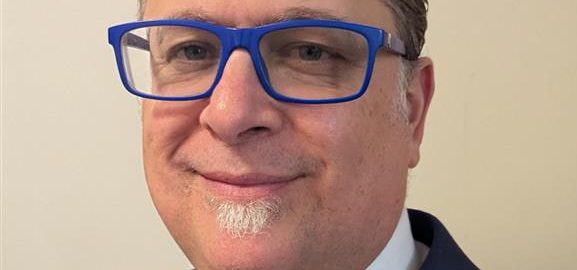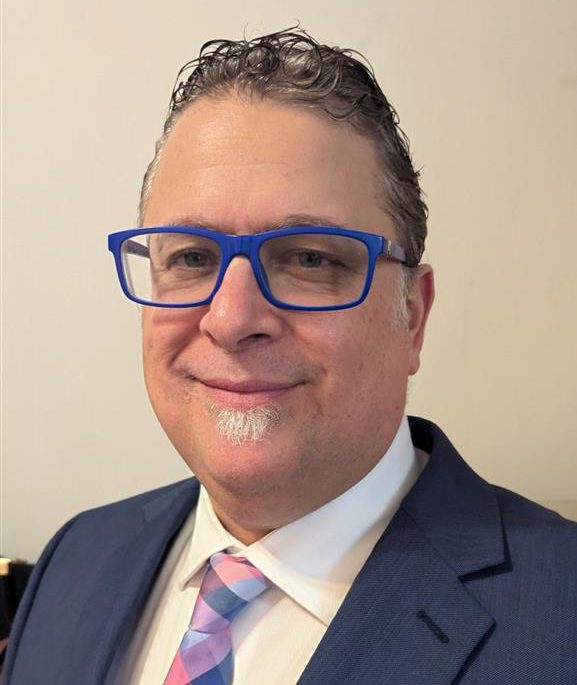
Don’t Make Cancer Patients Choose Between Feeding Their Family and Treatment
Battling cancer while pregnant with her second child, Stacy Betler faced an impossible choice: work so she could feed her family or take time off for her treatment and risk not paying her bills. She chose her health and lost her job.
Betler, then 27 from Fort Johnson, is far from the only person having to make the painful choice between food and rent or cancer treatment. Allison Burris of Westbury faced a similar choice, just three years ago. In between their experiences are more than a decade of families having to make literal life or death decisions – treat their cancer or keep their jobs.
They had to make this impossible choice because New York’s paid medical leave system is woefully inadequate and fails to meet the needs of cancer patients and others batting serious illnesses. State leaders need to change this. Now.
Nearly a year ago Governor Hochul and legislative leaders were working on finalizing language to be included in the state budget reforming New York State’s Temporary Disability Program, which is the program New Yorkers rely on for support during their illness. To the dismay of cancer survivors and health advocates across the state, the language was left out of the final enacted state budget. In June without agreeing on a plan to alleviate New Yorkers’ burden of illness, lawmakers went on vacation for the summer, leaving thousands of New Yorkers wondering how they would manage balancing their treatments and their need to feed their families.
Since then, we can estimate that something like 80,000 families in New York faced a cancer diagnosis for the first time. That’s tens of thousands of patients across our state who are scrambling to start treatment, secure transportation to and from their care and manage their side effects all while, for many, fearing whether they will have a job to return to in survivorship.
All working cancer patients, survivors and caregivers should have access to paid family and medical leave that allows them to take time off work–whether it be for weeks or days at a time—to attend to their own or a loved one’s care without losing their job or income.
New York’s decades-old Temporary Disability Program provides New Yorkers battling a serious health issue with a maximum of just $170 per week—a number unchanged since 1989 when the price of milk, eggs and everything in between was far below what we face today. For comparison, a New Jersey worker can receive up to $1,054 per week. New Yorkers can also be fired for taking time off for treatment unlike in most other states.
It’s time to enact strong reforms to New York’s paid medical leave system. Senator Jessica Ramos and Assemblymember Michaelle Solages have restarted the effort to reform these programs. Their legislative proposals contain the reforms needed to make New York’s paid medical leave system work for all New Yorkers. Assembly Bill 84 / Senate Bill 172 have the support of both labor and small business advocates given the power of paid family and medical leave programs to keep small business competitive, help them address turnover and retain workers and increase overall productivity.
In addition to instituting job protection, health insurance continuation and pathways for workers to take leave intermittently, the legislation removes the $170 per week cap on benefits, increasing it to 67% of the State’s average weekly wage by 2029. These changes would bring New York’s Temporary Disability Insurance Program more in line with what state and some private employees can access through their generous benefit packages.
As they work on the 2025-2026 New York State Budget, I hope that state leaders will consider the decision that Stacy, Allison and many of the more than 132,000 New Yorkers who will hear the words ‘you have cancer’ in 2025 will have to make. Reforms to New York’s paid medical leave system must be included in the New York State budget. I hope our state leaders agree.
Michael Davoli
Senior Government Relations Director
American Cancer Society Cancer Action Network

